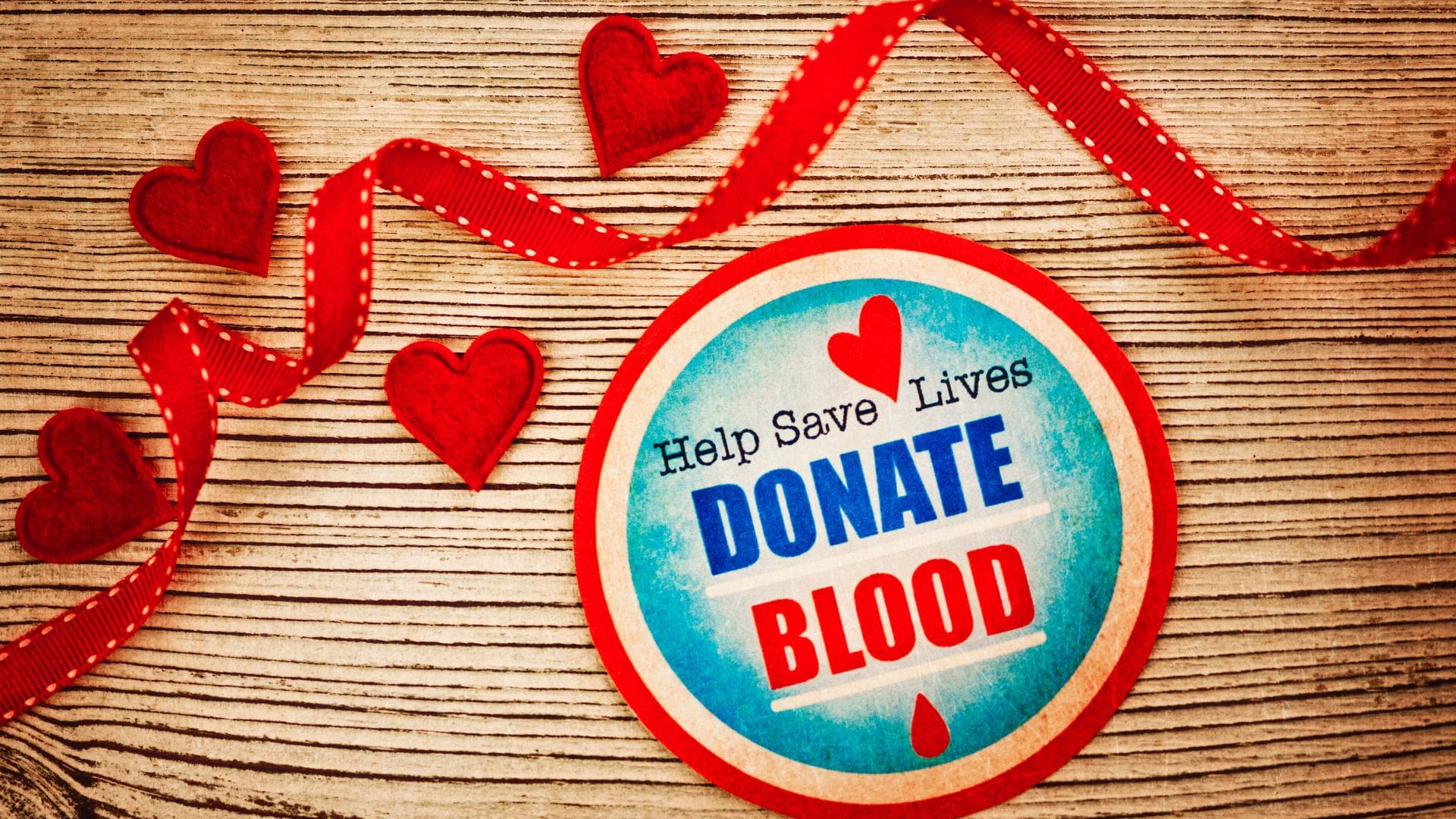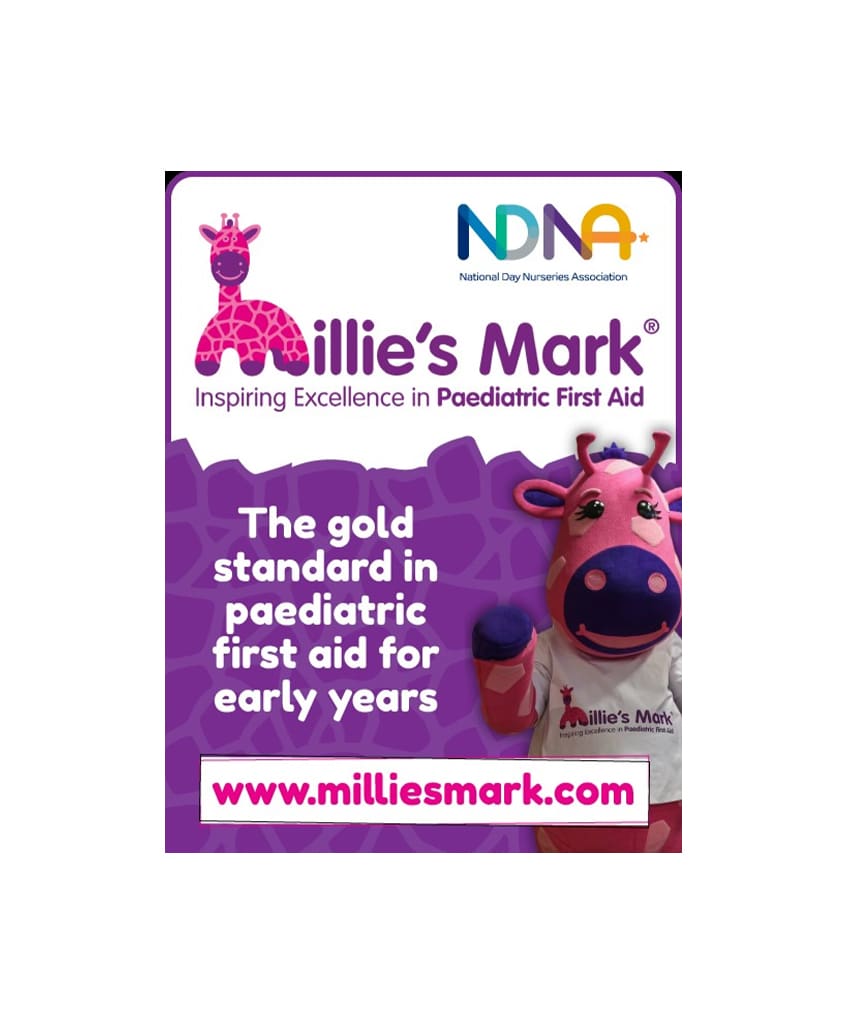Help save lives by donating blood.
Everyone needs blood, but at this time of the year, there are enormous pressures on blood banks and what better way to start 2023 in a positive way than to donate blood? Millions of people each year depend on blood transfusions and if you include those undergoing routine operations the number increases. NHS Blood needs around 135,000 new donors every year in England to make sure that they can meet demand.
Giving blood is a great way to get involved in your community and to help the people around you. Helping people in need also has positive impacts on your Mental Health and leaves you feeling happier. Are you ready to help?
Who can give blood?
Giving blood saves lives and can be a lifeline in an emergency. In 2021 blood donation became far more inclusive in England by reducing health disparities and enabling more people to donate. You can register to donate blood if you meet the following criteria:
- You are generally fit and well
- You are aged between 17 and 65
- Weigh between 7 stone 12 lbs (50kg) and 25 stone (158kg)
- Have suitable veins (these will be checked before you donate)
- Meet all donor eligibility criteria (this will be checked before you donate)
Common reasons which would not enable you to donate blood include having had most types of cancer, having some heart condition or an organ transplant, having tested positive for HIV or if you are a hepatitis B or C carrier.
Do I need to know my blood type to donate?
No, when you donate blood for the first time you will find out after your donation what your blood type is. If you are one of the rarer blood types, then donating your blood is even more important. Stocks of blood are low over peak holiday periods and thousands more donors are needed to make sure that number is not depleted further. O-negative, A-negative, and B-negative donors are especially needed.
All that is needed to donate is a bit of your time and you can help to save lives by helping to keep stocks at reliable levels.
Does it matter if I am male or female?
Did you know that men can donate more often than women? Men can give blood every 12 weeks whereas women must wait 16 weeks to protect their iron levels. Meshach Snape, 27, has donated blood 16 times and says, “I feel really good after I donate, especially when you get the text message to say which hospital your blood has gone to.”
Men who donate regularly can play a big role in providing the almost 5,000 donations needed every day. The absence of some antibodies in men’s blood makes it easier to use in blood products such as plasma and platelets. They are often used to treat people with burns and cancer or those in accidents or with weakened immune systems.
How do I get started?
Join the thousands of people who are donating blood and by giving just 1 hour of your time you can save up to 3 lives by following these easy steps:
To get started, you’ll need to register your details by answering some basic questions and validating your email. Once you have registered you can then log in to book an appointment at a time and venue that suits you.
Making your first donation
Step 1
When you arrive at your appointment, you will complete a health check questionnaire and drink 500ml of water. This helps prevent any ill effects from donating blood.
Step 2
Have a private health screening with a friendly member of the team. A drop of blood will be taken from your finger to check for iron levels.
Step 3
Take a seat and a friendly nurse will draw blood for 5-10 minutes.
Step 4
Enjoy a free drink and snack while you rest for 15 minutes.
Step 5
You’re all done. Your donation will help save up to three lives.
Did you know that people who donate blood usually do it because it feels good to help others through volunteering and this can be linked to positive health outcomes, including a lower risk for depression and greater longevity?
What happens after you donate blood?
When you donate blood they take 470ml of blood which is just under a pint. Your blood is sent to a blood centre where is it processed and then issued to hospitals.
After you donate blood your body has an amazing ability to replace the blood you have given. Once you donate blood you should rest for a short time, avoid carrying anything heavy on your donation arm for the rest of the day and do not take a hot bath. If you need further advice or experience any prolonged after-effects from your donation, please call 0300 123 23 23.
Where can you donate blood?
There are 25 main donor centres around the country where there are permanent teams and the greatest capacity for appointments. To find your local blood donation venue and book an appointment you can go to www.blood.uk. They also have thousands of temporary community-based locations where you can also give blood in and around England.
Blood is always needed, so make sure you book an appointment and register as a blood donor today.
Why should you do it?
By donating blood, you can save a life or several if your blood is separated into its components – red cells, platelets, and plasma – which can be used individually for patients with specific conditions. So do it for yourself, your family or a stranger so that you know that you are always protected in an accident, and it is a wonderful gift to give.
At Cross Counties Training we hope that by teaching people First Aid Skills we can help to save lives. If you would like to speak to us about how we could help with your First Aid training requirements, please call us on 01276 586943 or email us at admin@crosscountiestraining.co.uk for hassle-free bookings.









